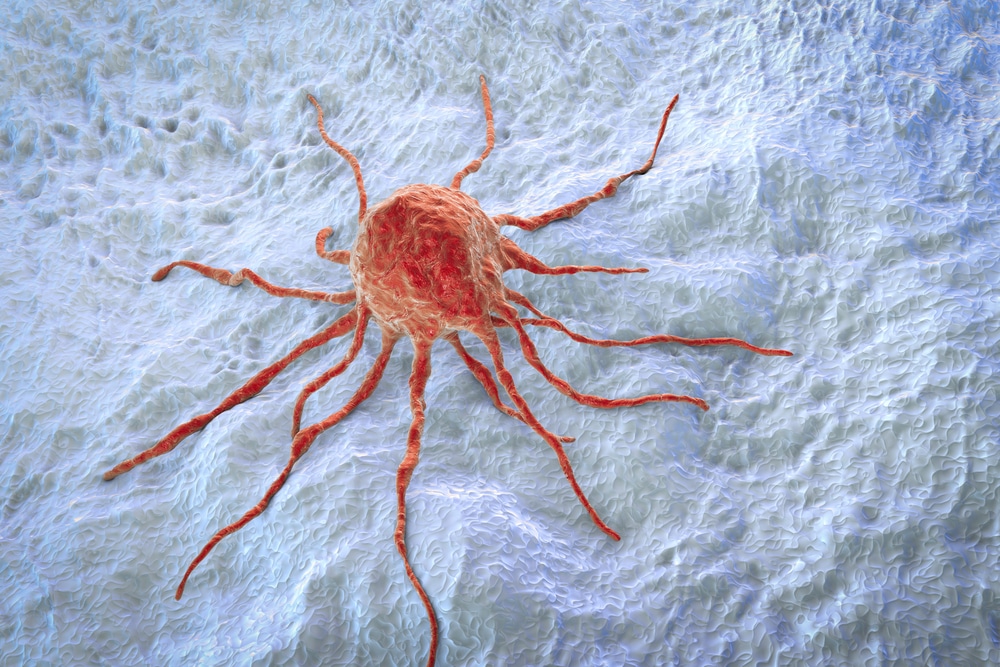Newsletter Signup - Under Article / In Page
"*" indicates required fields
By Ian B. Walters, chief executive officer and chairman, Portage Biotech
In recent years, PD-1/PD-L1 checkpoint antibody therapies have revolutionized the immuno-oncology landscape and offered cancer patients the hope for a long term treatment and cure of their disease.
While these treatments have shown great promise in reversing T-cell exhaustion, many patients still have limited to no response, experience side effects and challenges with administration, or become resistant to treatment (especially patients that do not already express the target, i.e., PD-L1, on their tumors).
Matching the right treatment to the right patient and understanding the complexities of the pre-existing immune status are critical to improving care, and it is likely that several drugs will be needed in combination to optimize outcomes.
Fortunately, scientific advancements for the discovery and delivery of small molecules are gaining traction in cancer research and have the potential to be superior to antibodies while being more convenient for the patient. When matched to the right patient, they can have monotherapy activity and enhanced effect in combination with other therapies.
There are two examples of small molecule immunotherapy approaches being developed for solid tumor therapy I’d like to highlight.
Invariant natural killer T cells
A distinct rare immune cell type called the invariant natural killer T cell (iNKT) has been gaining traction in immunotherapy. Higher numbers of iNKTs in humans have been correlated with better disease outcomes including response to treatment and survival, as well as reduced metastasis. Mice bred without iNKT cells are unable to fend off a cancer challenge in contrast to healthy mice, which clear the challenge. iNKT small molecule engagers can enable a patient’s immune system to better recognize and attack tumors by initiating the production of cytokines that can activate both an innate and adaptive immune response.
iNKT engagers can also remove the suppressive cells in the tumour microenvironment (TME), which directly addresses the cancer cells’ ability to hide from the immune system. Biotech and pharma companies have been evaluating the use of iNKTs in cell therapies for blood cancers, as well as small molecule agonists for solid tumors, and these have begun to show promise in a variety of refractory cancers.
Immunosuppressive activity in TME
Taking cues from the immunosuppressive activity in the TME is another way researchers are finding possible new avenues for small molecule immunotherapy. For example, the TME generates high levels of immunosuppressive adenosine, which, when bound to its receptors, can trigger a dampening effect on the immune response and lead to poor prognosis. Multiple cancers are known to overexpress adenosine and blocking this pathway (through antibodies or small molecules) can result in stimulating an adaptive immune response, directly reducing cancer cell proliferation and correcting the suppressive TME.
Small molecule adenosine antagonists, which are being advanced by big pharma and small biotech companies alike, could improve response in multiple cancer indications. Screening for tumors with high adenosine expression can also help companies identify patients who are most likely to respond and benefit from treatment.
Research to understand the intricacies of the immune system and development of novel strategies to modulate different immune cells can improve the cancer treatment landscape.
Next-generation small molecule immunotherapy with improved targeting and better potency have begun to emerge as an alternative to cell therapies and antibodies and as an approach to activate specific cell types.
These innovative small molecule approaches, whether ultimately used as monotherapies or in combination with other treatments, have the potential to offer improved response rates and clinical outcomes, especially for hard-to-treat cancers.
Oncology R&D trends and breakthrough innovations







